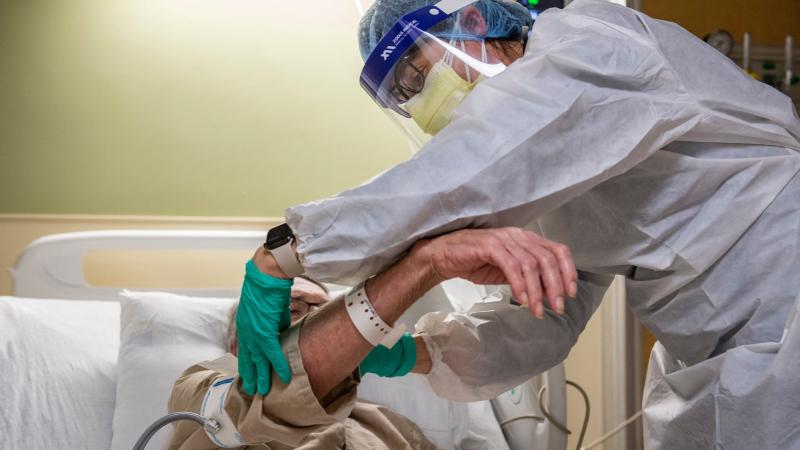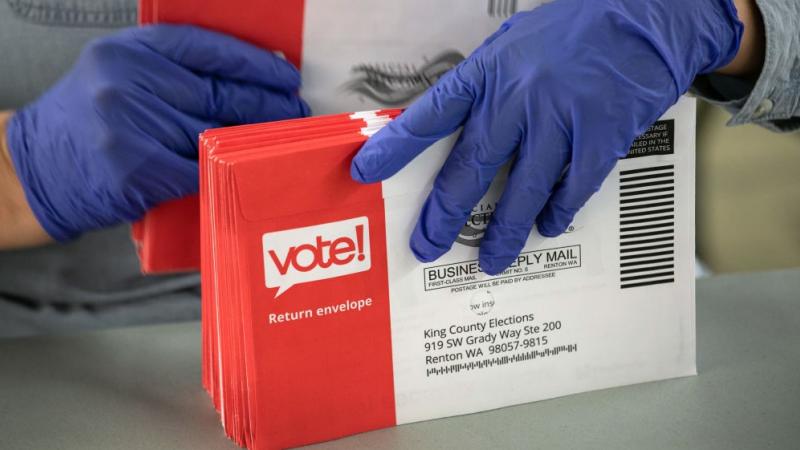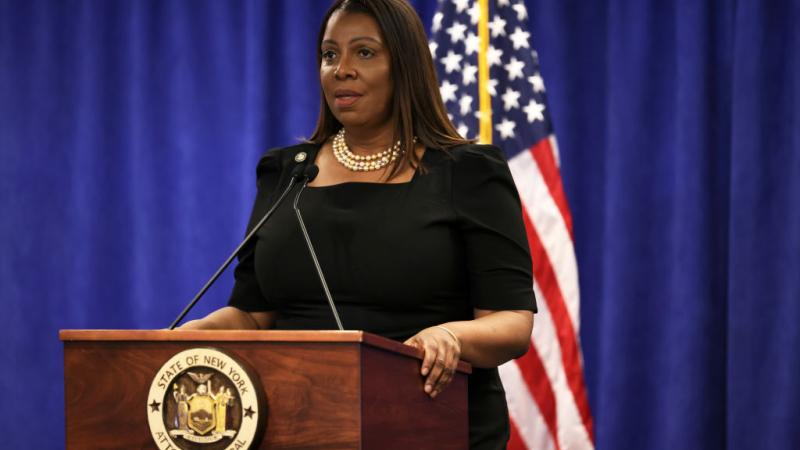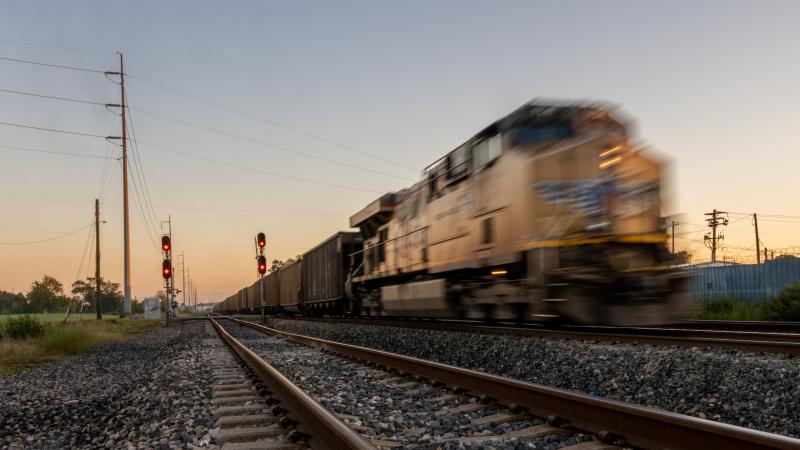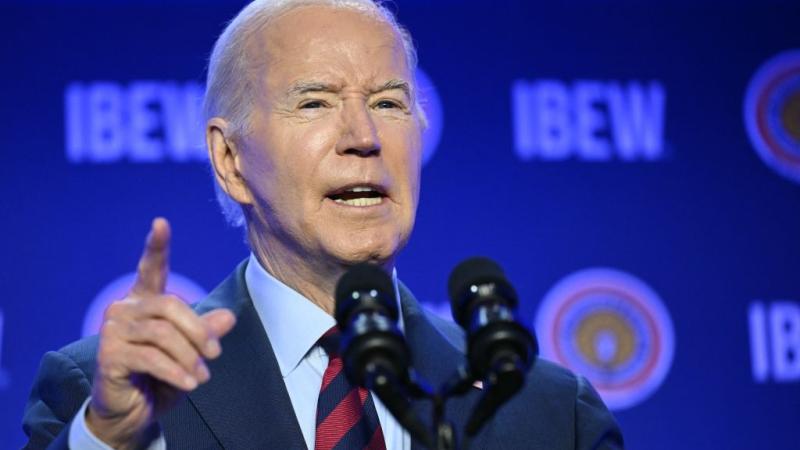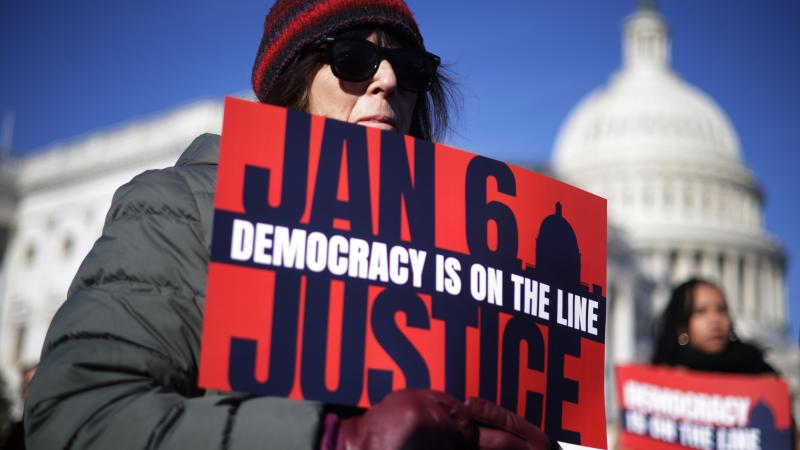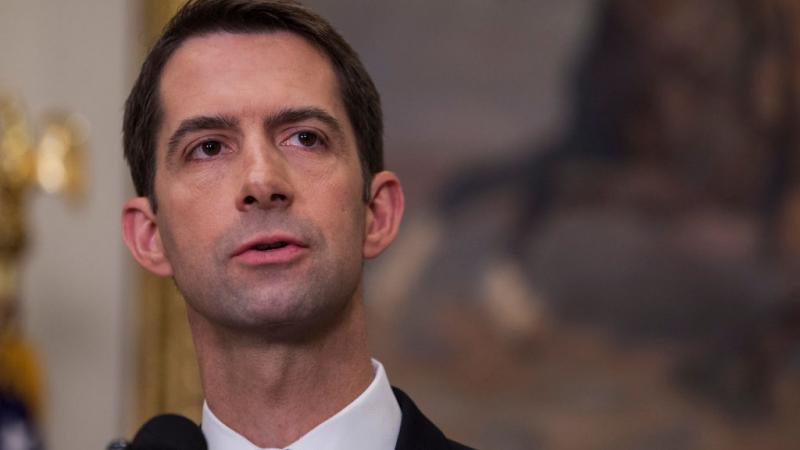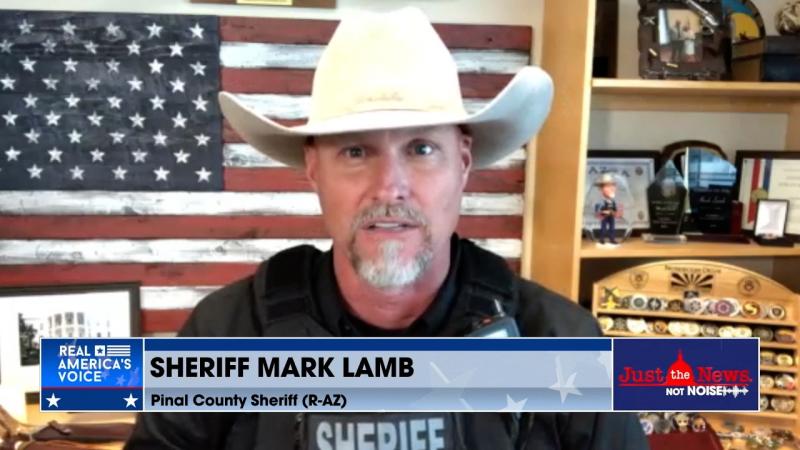Judge stymies feds' plan — again — to keep $85 million in raid without filing criminal charges
Injunction lays out the path for getting class-action certification for safe deposit box renters, lawyers say.
The feds faced another setback in their quest to keep $85 million in assets seized in a raid without charging hundreds of safe deposit box renters with a crime.
U.S. District Judge R. Gary Klausner issued a preliminary injunction July 16 in a lawsuit by several customers of Los Angeles-based U.S. Private Vaults (USPV), who alleged the FBI denied them due process by providing civil forfeiture notices that lacked "any legal basis" for seizing the contents of each box.
The feds indicted USPV for conspiracy to sell drugs and launder money, but not its customers, even while portraying them as an undifferentiated mass of criminals.
But the judge issued a temporary restraining order (TRO) last month, finding that the seizure notices fell "woefully short" of providing the "specific statutory provision," such as forgery or smuggling, under which the assets were seized.
Ordered by Klausner to "show cause" on why he shouldn't halt seizures until ruling on the merits of the case, the feds responded June 29 by disputing that the initial notice of forfeiture proceedings, "standing alone, must set forth the factual details and legal basis that support forfeiture."
An agency is only required to provide these details before making a "final decision," such that "a person has a meaningful opportunity to respond to a threatened forfeiture," acting U.S. Attorney Tracy Wilkison wrote. Plaintiffs cannot "with the mere flick of a pen" change the legal standard in the 9th U.S. Circuit Court of Appeals, which has jurisdiction over California federal courts.
Wilkison groused that the Institute for Justice (IJ), which is representing the four plaintiffs who secured the TRO, included two who had already filed claims with the FBI for return of their property. That starts a 90-day clock on an administrative process under which the government must either file a judicial forfeiture proceeding or return the property.
This "oversight" by the public interest law firm "resulted in consideration of complex constitutional and asset forfeiture issues on an unnecessarily rapid basis," Wilkison said. IJ had sought the TRO on the basis of June 24-25 deadlines mentioned in some of the forfeiture notices and the government's self-declared leeway to deny claims not filed "correctly."
Judge Klausner dispensed with the feds' 28-page filing in a single sentence in the order approving the preliminary injunction, saying Wilkison "failed to show cause" regarding the two plaintiffs who hadn't filed claims with the FBI.
That means the FBI cannot permanently seize $57,000 in cash from Joseph Ruiz, who is unemployed due to a crippling accident and has been unable to pay for medical treatment following the raid on USPV, according to IJ. The ruling also applies to Travis May, who was storing gold and $63,000 in cash.
The judge declined to extend the preliminary injunction to all USPV customers because they didn't join IJ's legal challenge. He also rejected for a second time the plaintiffs' request to certify a class of all similarly situated USPV customers, but on narrow grounds: They need to hit a 40-member minimum to certify a class.
Klausner just wants to get "some basic information, like the precise number of people who had property seized, filed claim forms, etc., before certifying the class," IJ attorney Robert Frommer, who is representing the plaintiffs, wrote in an email.
"That may take some more work and some more time, but we know the steps we need to take to get relief for more people unjustly subject to civil forfeiture," IJ spokesperson Andrew Wimer added.
The government is backed into a corner regarding plaintiffs and married couple Jeni Verdon-Pearsons and Michael Storc, who submitted their claim to the FBI in early June, Wimer said. The feds must "put forward real evidence that connects their property to a crime. Hopefully, the government will see the writing on the wall and move sooner rather than later" in returning their assets.
A spokesperson for the U.S. attorney's office in Los Angeles, Thom Mrozek, did not respond to a query.
Still unresolved is why the FBI rifled through the contents of several safe deposit boxes in the March raid at USPV, as documented by video evidence submitted in another case. The search warrant approved by the court prohibited snooping on the box contents except to "identify their owners in order to notify them" about claiming their property.

